In the past, one thing that Democrats and Republicans could always agree on is that “cooperating with law enforcement” is a good thing. As near as I can tell at this stage, that’s what the Walz Administration and Minnesota Attorney General Keith Ellison did when they learned of Covid relief funding being misused.
As an aside, this is much more than I can say about Republicans like gubernatorial candidate Scott Jensen who apparently has absolutely no problem with Governor Ron Desantis (R-FL) using millions of dollars Covid relief funds to shamelessly abuse vulnerable asylum-seekers for political purposes. The Washington Post reports:
“Florida Gov. Ron DeSantis (R) appears to have turned to an unexpected funding source to help pay for his plans to fly migrants to liberal-leaning communities: the interest earned on his state’s federal coronavirus aid.
A little-noticed part of Florida’s recent budget dedicated about $12 million to the relocation campaign, an escalating effort that saw the state send two planes filled with dozens of migrants — children included — to Martha’s Vineyard, Mass., on Wednesday.
When Republicans learned about DeSantis’s fraudulent use of Covid funds, they not only didn’t notify the FBI, they cheered on Desantis.
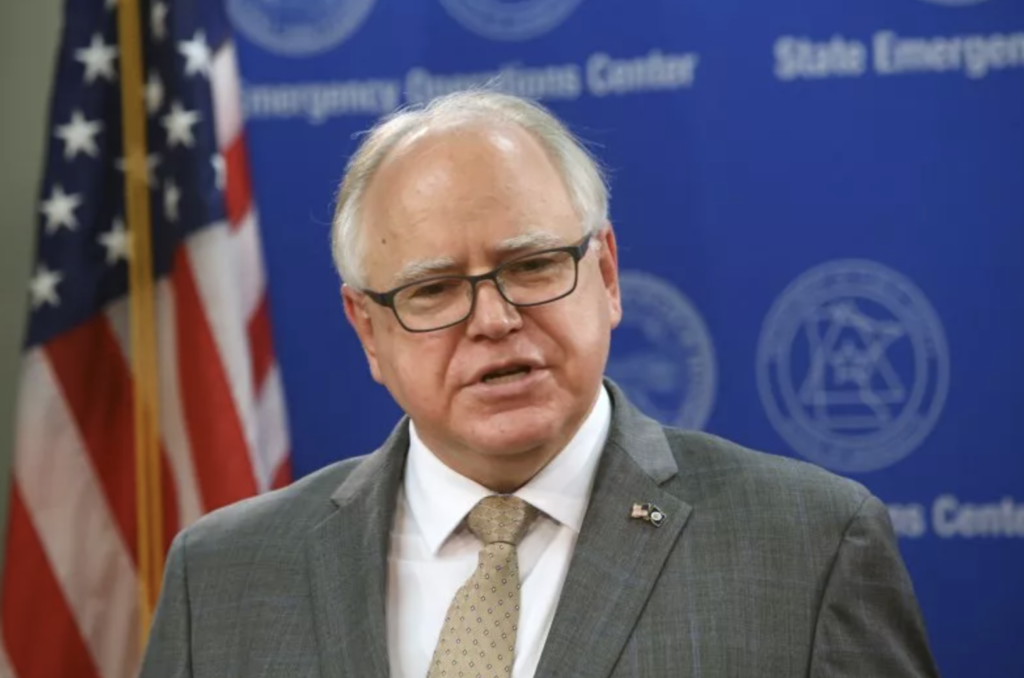
But I digress. Let’s recap the basics of what seems to have happened in the Minnesota case. When the Walz-appointed education officials suspected misuse of funds, they reported it to the FBI. They cooperated with law enforcement.
When the FBI reportedly asked the state education officials to not tip off the investigation by cutting off funds, the Walz education appointees and Minnesota Attorney General Keith Ellison’s staff again cooperated with law enforcement. Pioneer Press:
“’The FBI repeatedly made it clear to the Attorney General’s Office and MDE that it should not disclose the existence of the investigation in Feeding Our Future’s state court lawsuit so that it could proceed without tipping off Feeding Our Future and the target of the investigation,’ Ellison’s office said Monday.”
(Note: At this point, the FBI can’t publicly verify that they asked the state officials to not cut off funding. As we’ve seen in dozens of cases over the years, the FBI won’t comment on an ongoing investigation. Still, there is no reason to believe that all of these state officials are lying, knowing full well that the FBI could eventually expose them as liars.)
Likewise, when the judge reportedly said that cutting off funds during the investigation could be a problem for the investigation, the education officials didn’t create such a problem for law enforcement. The Pioneer Press’s Dave Orrick explains:
Judge John Guthmann never ordered the state to make payments, according to the court record and Guthmann himself. However, he did, in at least one court hearing held over Zoom, tell an attorney for the state that they could have a “problem” if they didn’t keep making payments.
Why would the FBI not want the Walz Administration to immediately cut off funding? That’s a very fair question. But there is a perfectly reasonable answer. Former federal prosecutor and current University of St. Thomas law professor Mark Osler explains:
“Think about a drug network,” Osler, who prosecuted cocaine rings in Detroit, said in an interview with the Pioneer Press. “Often, if we want to take down an entire drug network, you have to wait. It’s better to take it down with the whole story known and the key players identified. … I think pretty much anyone who’s worked in law enforcement at a higher level will say that fast isn’t always good and sometimes you do need to hold.”
And yes, Osler said, speaking generally and with no direct knowledge of the Feeding Our Future investigation, that can included allowing money to keep going out the door to suspected criminals. “A lot of the time, that’s done with the confidence of trying to get the money back later, and they’ve begun that process,” he said.
Indeed, federal authorities have said that of at least $250 million they’ve alleged to have been stolen, they’ve recovered some $50 million.
Despite all of this, Walz’s increasingly desperate gubernatorial opponent Scott Jensen, who is consistently trailing the polls, wants to convince Minnesotans that this is the equivalent of the Teapot Dome scandal or, like, you know, “BENGHAZI!” or “HER EMAILS!”
But to me it looks like, yawn, Walz’s education appointees “cooperating with law enforcement” to do what they were told to do in order to prosecute some pretty extensive fraud that they initially uncovered.
As such, the Walz Administration deserve praise, not punishment.

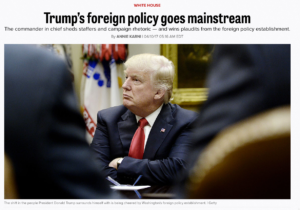 After a few TV-friendly bombings this week, many in the mainstream media and pundit-o-sphere are falling all over themselves to declare President Trump mainstream. That’s right, it seems our Muslim-banning, emoluments-pimping, Russia-colluding, climate change-denying, serial-lying President is now pretty much equivalent to Obama, the Bushes, the Clintons, Reagan and Ford.
After a few TV-friendly bombings this week, many in the mainstream media and pundit-o-sphere are falling all over themselves to declare President Trump mainstream. That’s right, it seems our Muslim-banning, emoluments-pimping, Russia-colluding, climate change-denying, serial-lying President is now pretty much equivalent to Obama, the Bushes, the Clintons, Reagan and Ford. Let’s also remember that in the same week the media declared Trump mainstream, we learned that a federal judge
Let’s also remember that in the same week the media declared Trump mainstream, we learned that a federal judge  Donald Trump is my President.
Donald Trump is my President.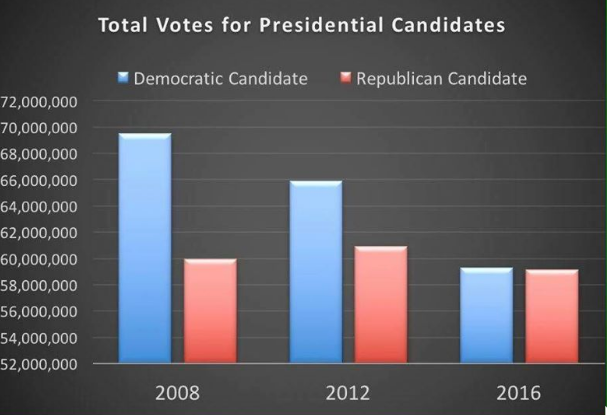
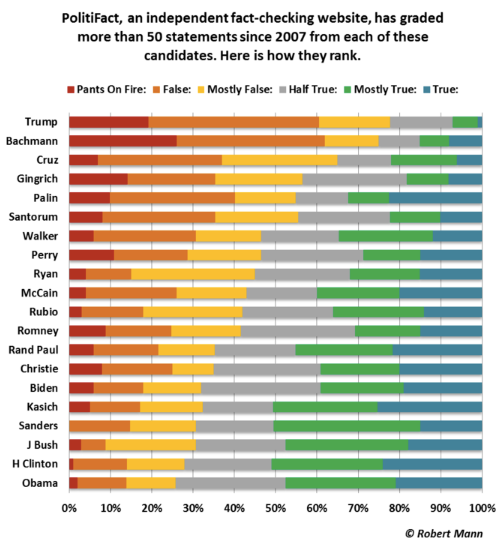
 Washington, DC — Just as the holiday season can be difficult for those who have recently lost loved ones, election time is a horrific time for those suffering from a little discussed condition known as Decision Deficit Disorder (DDD).
Washington, DC — Just as the holiday season can be difficult for those who have recently lost loved ones, election time is a horrific time for those suffering from a little discussed condition known as Decision Deficit Disorder (DDD).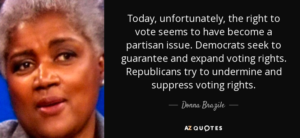 When it comes to the Minnesota DFL’s attempt to bar Donald Trump’s name from appearing on Minnesota ballots, the party is making a mistake by focusing on the could versus the should.
When it comes to the Minnesota DFL’s attempt to bar Donald Trump’s name from appearing on Minnesota ballots, the party is making a mistake by focusing on the could versus the should.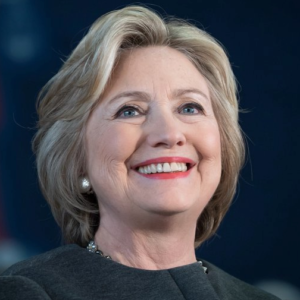 Though I’m a solid Hillary Clinton supporter, I don’t particularly relish defending her at water coolers, dinner tables and social media venues. When defending Hillary Clinton to those who hoped for more, I often feel like I do when defending the Affordable Care Act (ACA) to those who hoped for more.
Though I’m a solid Hillary Clinton supporter, I don’t particularly relish defending her at water coolers, dinner tables and social media venues. When defending Hillary Clinton to those who hoped for more, I often feel like I do when defending the Affordable Care Act (ACA) to those who hoped for more.
 So communications strategists typically identify a small number of messages or themes that they strive to repeat and stress above all the others. They’re often called “key messages,” or “frames.”
So communications strategists typically identify a small number of messages or themes that they strive to repeat and stress above all the others. They’re often called “key messages,” or “frames.”
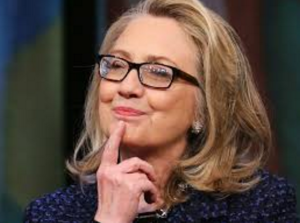 As a Sanders supporter, I concede there are many valid reasons to worry about him. But one of the biggest “go-to” criticisms used by Senator Hillary Clinton and her supporters strikes me as simplistic and overblown. More importantly, her focus on that issue makes me worry that she perhaps doesn’t truly understand what it takes to be an effective general election candidate and President.
As a Sanders supporter, I concede there are many valid reasons to worry about him. But one of the biggest “go-to” criticisms used by Senator Hillary Clinton and her supporters strikes me as simplistic and overblown. More importantly, her focus on that issue makes me worry that she perhaps doesn’t truly understand what it takes to be an effective general election candidate and President.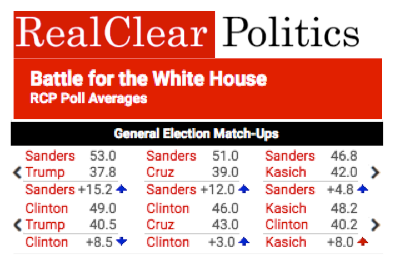
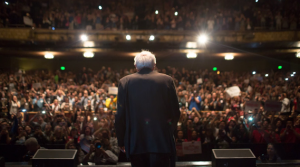 Presidential candidate Bernie Sanders has already given much to the Democratic Party. But even though his chances of being nominated remain slim, he still has a bit more he could give to his adopted party.
Presidential candidate Bernie Sanders has already given much to the Democratic Party. But even though his chances of being nominated remain slim, he still has a bit more he could give to his adopted party.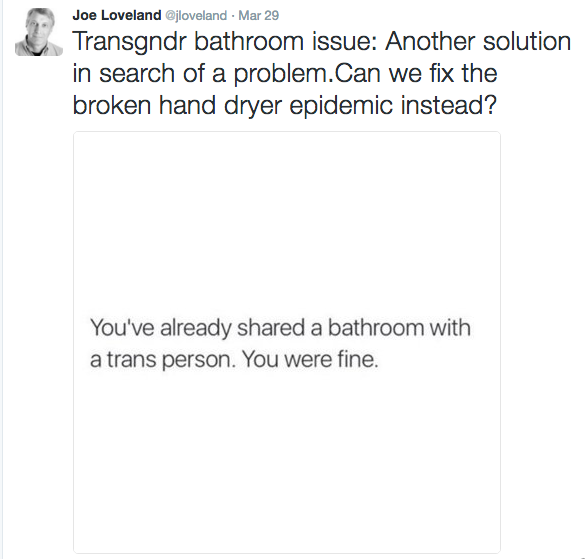
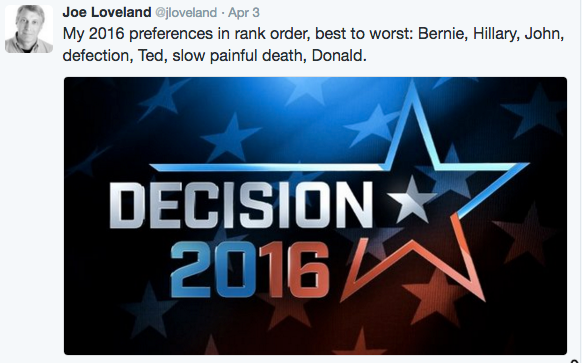
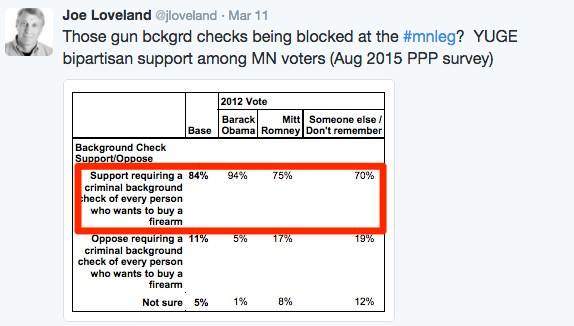

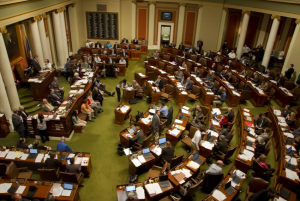 DFL state legislators are an awfully unpopular bunch. According to an August 2015 Public Policy Polling (PPP)
DFL state legislators are an awfully unpopular bunch. According to an August 2015 Public Policy Polling (PPP) 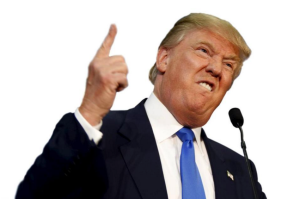 Donald Trump and Hillary Clinton are now pretty assured of winning their party’s nomination for president, both because they are far ahead and because it seems unlikely either will implode with their respective bases. They have both had fundamental vulnerabilities exposed, yet they both continue to have a sufficient amount of support to win their nominations.
Donald Trump and Hillary Clinton are now pretty assured of winning their party’s nomination for president, both because they are far ahead and because it seems unlikely either will implode with their respective bases. They have both had fundamental vulnerabilities exposed, yet they both continue to have a sufficient amount of support to win their nominations.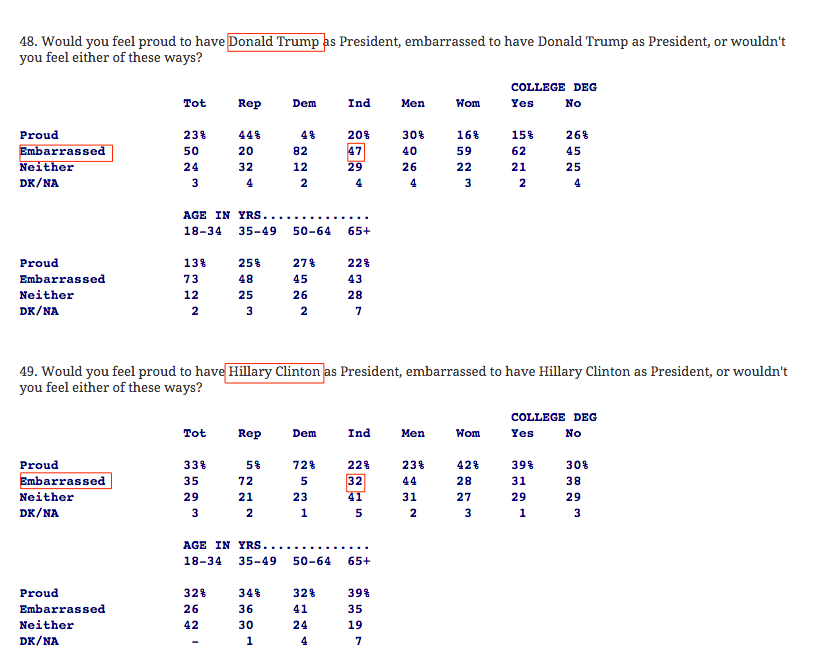
 When presidential candidate Bernie Sanders explains why Americans shouldn’t fear his “democratic socialism,” he usually
When presidential candidate Bernie Sanders explains why Americans shouldn’t fear his “democratic socialism,” he usually 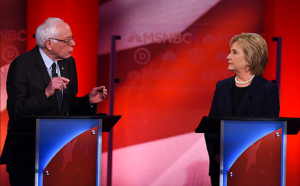 To hear Senator Hillary Clinton’s campaign tell it, you would think that there is absolutely no way to transition from the Affordable Care Act (ACA) world of today to an eventual Medicare-for-All world that her opponent Senator Bernie Sanders promotes.
To hear Senator Hillary Clinton’s campaign tell it, you would think that there is absolutely no way to transition from the Affordable Care Act (ACA) world of today to an eventual Medicare-for-All world that her opponent Senator Bernie Sanders promotes. Watching the news coverage of the Republican presidential campaign, you get the feeling that there is a wave of support for the ideas of leading Republican candidates like Donald Trump, Ben Carson, Ted Cruz and Marco Rubio. For example,
Watching the news coverage of the Republican presidential campaign, you get the feeling that there is a wave of support for the ideas of leading Republican candidates like Donald Trump, Ben Carson, Ted Cruz and Marco Rubio. For example, 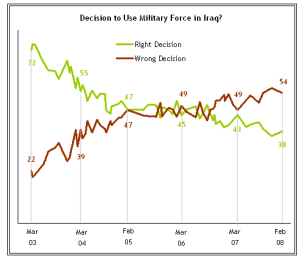 In other words, the national mood is much like when America rushed into the Iraq War in 2003.
In other words, the national mood is much like when America rushed into the Iraq War in 2003. 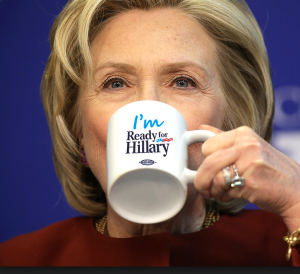 A lot of liberals I know are privately not all that sure if they are “Ready for Hillary,” as the Clinton boosters put it.
A lot of liberals I know are privately not all that sure if they are “Ready for Hillary,” as the Clinton boosters put it.